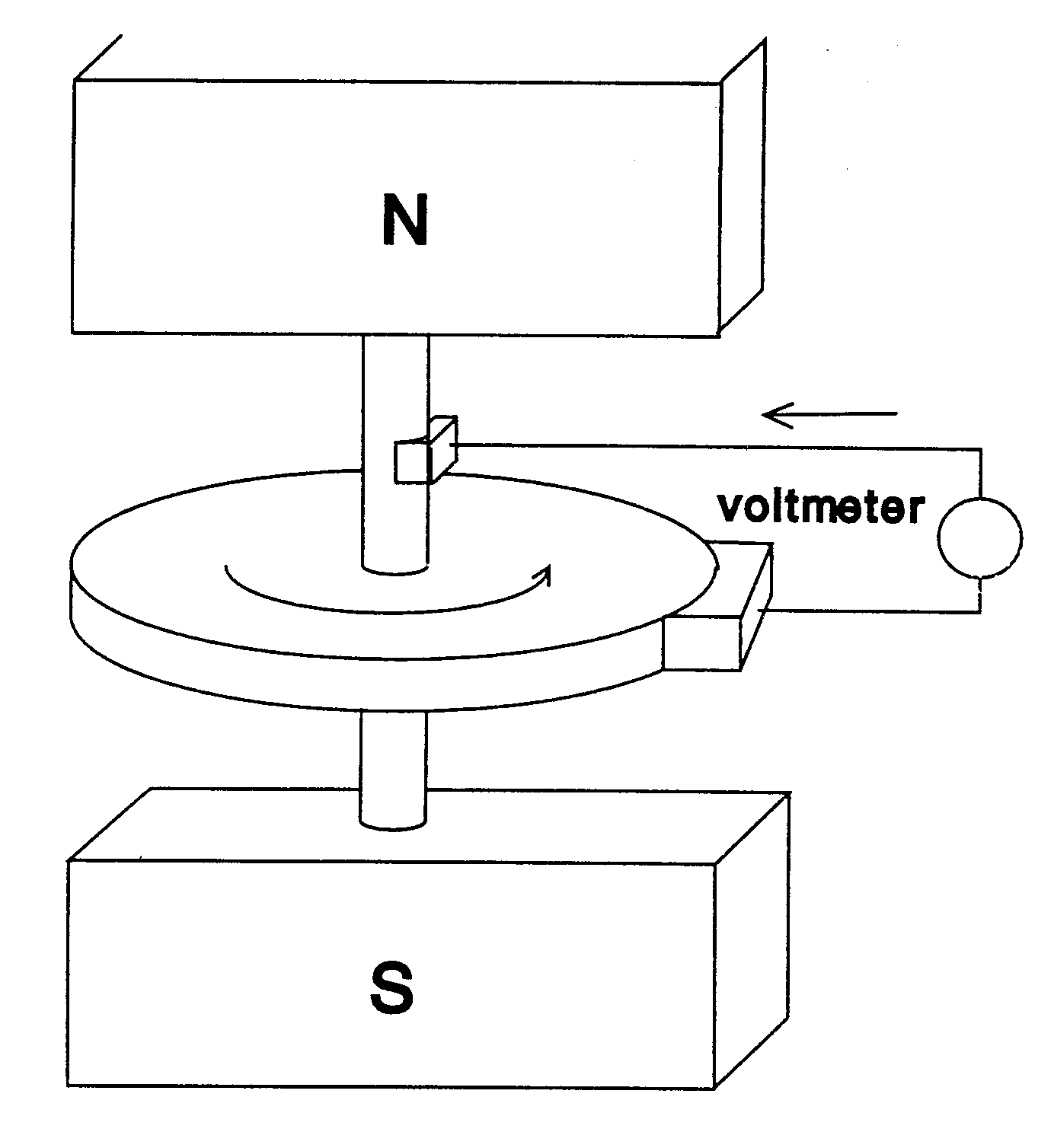Since I know everyone loves a brain teaser, I have another physics question for everyone to ponder! This is nothing new and I am sure that everyone has heard the scenario, if not the solution. It is the infamous Twin Paradox.
One result of Einstein's Special Relativity is that moving clocks run slower! I will not delve into the details of this, but if you would like to know, feel free to inquire. So here is the scenario:
Two twins, Alice and Bob, are both at rest at some point in space, at some initial time, with their clocks synced. Alice moves away from Bob and travels for 30 years, according to her watch, with uniform velocity (near c), in a straight line. After 30 years, Alice returns back to rest where she began, next to Bob, who has remained at rest. When Alice returns, though, she notices that while she is 30 years older, Bob has fared worse than she, and has aged considerably more.
It is obvious to us, the observers, that there is no paradox here, since Alice was moving, thus her clock runs slower. But now consider it from both the reference frame of Alice and Bob, separately. In Alice's frame, Bob is moving away from her at constant velocity, and it would appear that she is stationary, while on-the-other-hand, Bob sees Alice move away from him with constant velocity and he appears to be stationary! So what does this imply? It suggests that Bob would believe that Alice is younger than he is, due to her motion, but Alice would believe that Bob was the younger twin, not her! Yet, he has clearly aged more than she has. How can Bob and Alice reconcile their different views of what should have transpired?
